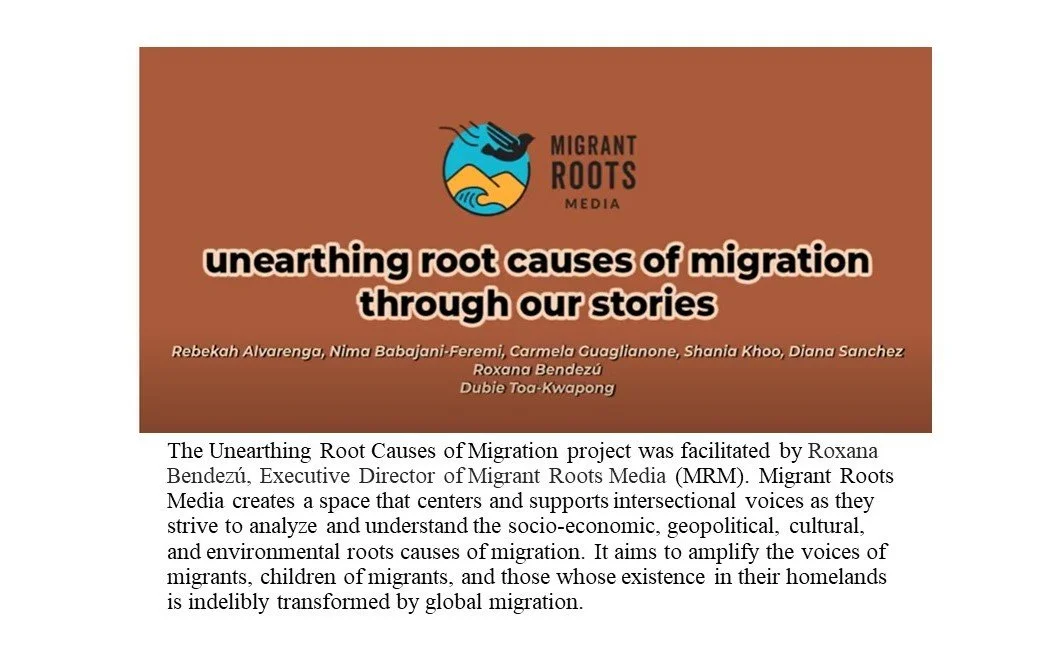Spotlight: Spanish Academy of Management’s Business Research Quarterly
In September 2022 Methodspace is focusing on culture and research. One way we learn from different perspectives is by reading journals from around the globe, and from other disciplines than our own. BRQ Business Research Quarterly is the official journal of the ACEDE (Spanish Academy of Management). This multidisciplinary journal is:
a peer reviewed, open access journal which provides widespread coverage of high quality research in a broad range of topics such as human resource management, organization theory, strategic management, corporate governance, managerial economics, marketing, finance, accounting and operations management. It is therefore a multidisciplinary journal inspired by diversity and open to methodological plurality. The journal’s main concern is that articles have strong theoretical foundations, meet the highest analytical standards, and provide new insights that contribute to the better understanding of managerial phenomena.
The journal’s current and archived issues are available open access, and there are no publication fees. Here some examples that show the far-reaching topics covered in BRQ articles and case studies:
EstradaCruz, M., VerdúJover, A. J., & GómezGras, J. M. (2019). The influence of culture on the relationship between the entrepreneur's social identity and decision-making: Effectual and causal logic. BRQ Business Research Quarterly, 22(4), 226-244.
Abstract. Entrepreneurs’ actions and attitudes towards business decisions are fundamental to new ventures. Building on Fauchart and Gruber (2011), which identifies three types of entrepreneurial social identity (Darwinian, communitarian, and missionary), this study analyzes how these identities influence use of effectual and causal logic, while also explaining the effect of the culture of the country in which the entrepreneurship initiative is developed. Based on a survey of 5076 founders who created their own venture, the results support the conclusion that the cultural dimensions defined as avoiding uncertainty, individualism, long term orientation, and distribution of power influence decisions made using effectuation.
Pérez-Cornejo, C., de Quevedo-Puente, E., & Delgado-Garcia, J. B. (2021). The role of national culture as a lens for stakeholder evaluation of corporate social performance and its effect on corporate reputation. BRQ Business Research Quarterly, 23409444211007487.
Abstract. Studies have shown that corporate social performance (CSP) is an antecedent of corporate reputation, acting as a signal that affects stakeholders’ perceptions and expectations about a firm’s future behavior. However, the perceptions, expectations, and interests of stakeholders may be affected by external factors, such as national culture, which shapes their beliefs about what role companies play in society. Drawing on institutional theory and Hofstede’s cultural dimensions, we analyze how stakeholders’ national culture moderates the relationship between CSP and corporate reputation. The results of the analysis of an international sample for the period 2010 to 2016 show that low individualism (i.e., collectivism), low masculinity (i.e., femininity), low power distance, and low uncertainty avoidance intensify the positive relationship between CSP and corporate reputation.
Gracia, D. B., Ariño, L. V. C., & Blasco, M. G. (2015). The effect of culture in forming e-loyalty intentions: A cross-cultural analysis between Argentina and Spain. BRQ Business Research Quarterly, 18(4), 275-292.
Abstract. In order to increase their markets, many companies are starting e-commerce internationalization processes that involve dealing with cultural differences among countries. Although most firms start internationalization strategies to similar countries, previous research has mainly focused on understanding expansion to countries with a great cultural distance. This study analyzes the relevance of culture in the formation of e-loyalty intentions in Argentina and Spain, two countries with slight cultural differences. Specifically, culture is proposed as a moderator of e-service quality and satisfaction effects on e-loyalty intentions. Results confirm that the influence of e-service quality on e-loyalty intentions is greater for Argentinian consumers (a little more individualistic, masculine, and less pragmatic culture compared to Spain). Besides, a greater influence of satisfaction on e-loyalty is found for Spanish consumers (a more pragmatic, collectivistic, and feminine culture compared to Argentina). The introduction of socio-demographic control variables, i.e. gender, age and education level, support the moderation effect of culture. According to these results, marketers should note that e-loyalty formation process differs across cultures, even between similar cultures. Further implications for international marketing strategies are widely discussed.
Jurado-Caraballo, M. Á., Quintana-García, C., & Rodríguez-Fernández, M. (2020). Trends and opportunities in research on disability and work: An interdisciplinary perspective. BRQ Business Research Quarterly, 2340944420972715.
Abstract. This study aims to analyze status, trends, and possible future research areas in the literature on “disability and work.” It is an in-depth analysis of articles related to this field, published during 1991–2017, in journals included in the Science and Social Sciences Citation Index. Bibliometric methods helped to describe evolution in publications, the most representative contributors, methods applied, main concepts and theories, and topics explored (content analysis). A co-word analysis allowed to create knowledge maps on topics and identify potential venues for future research. The contribution is threefold. First, it contributes to knowledge advancement concerning disability in workplaces, opening new possibilities to discover important research areas. Second, it offers conceptual, theoretical, and methodological suggestions for future research. Third, it has practical implications related to inclusive strategies and initiatives in the workplace which human resource practitioners can use to promote the participation of workers with disabilities improving their labor experience.
Klein, G., & Shtudiner, Z. (2021). Judging severity of unethical workplace behavior: Attractiveness and gender as status characteristics. BRQ Business Research Quarterly, 24(1), 19-33.
Abstract. This research focuses on the role of gender and physical attractiveness in judging severity of unethical workplace behavior. Scenarios with possible ethical dilemmas (commonly referred to as “gray areas” of behavior) were displayed to 4,483 subjects. Our findings show that “gray area” behavior was evaluated as more ethical if performed by male employees compared with women. We also found that attractiveness moderated the connection between gender and tolerance toward unethical work behavior. People judge more severely the same unethical action by plain-looking employees rather than attractive-looking employees, in accordance with the attractiveness-leniency effect—but only for women perpetrators. The physical attributes of men were not found to be relevant. We explore a number of explanations for this discrimination based on Expectation States Theory and Social Role Theory.
Sayem, A., Feldmann, A., & Ortega-Mier, M. (2019). Investigating the Influence of Network-Manufacturing Capabilities to the Phenomenon of Reshoring: An Insight from three Case Studies. BRQ Business Research Quarterly, 22(1), 68–82. https://doi.org/10.1016/j.brq.2018.07.001
Abstract. After a steady growth in global offshoring activities, it appears now a marked flow in the opposite direction with both a partial and full reversal of offshoring decisions. Research on reshoring put less stresses on the operation of dispersed facilities of an intra-firm network manufacturing. The purpose of this paper is to address the relevance of strategic capabilities for the operation of international manufacturing to the reshoring decision. The paper reports on retrospective studies of three European based companies, which have had recent reshoring experience. We adopt qualitative research using a case-based methodology that includes multiple in-depth interviews based on three companies. The study demonstrates that managerial challenges in the operation of dispersed facilities have played an important role in the reshoring decision. The findings allow understanding how the capability dimensions, ‘thriftiness’ and ‘learning’ being the most important, connect with the phenomenon of reshoring.

























SAGE MethodSpace partnered with Prepared to Zoom into the meeting and hear selected delegates provide statements on the difficulties of research during global crises and suggestions on how stakeholders can work together better in the future. View the recording!